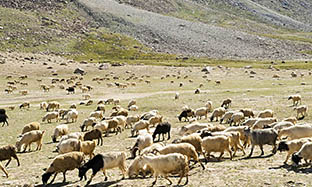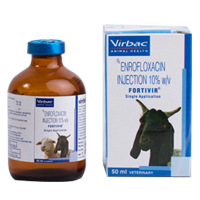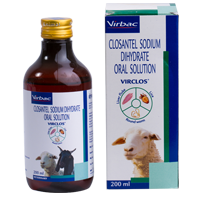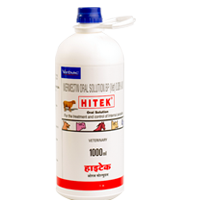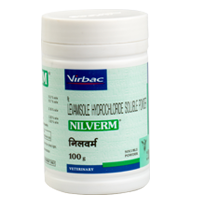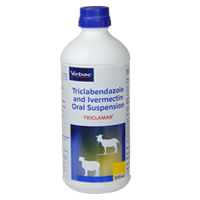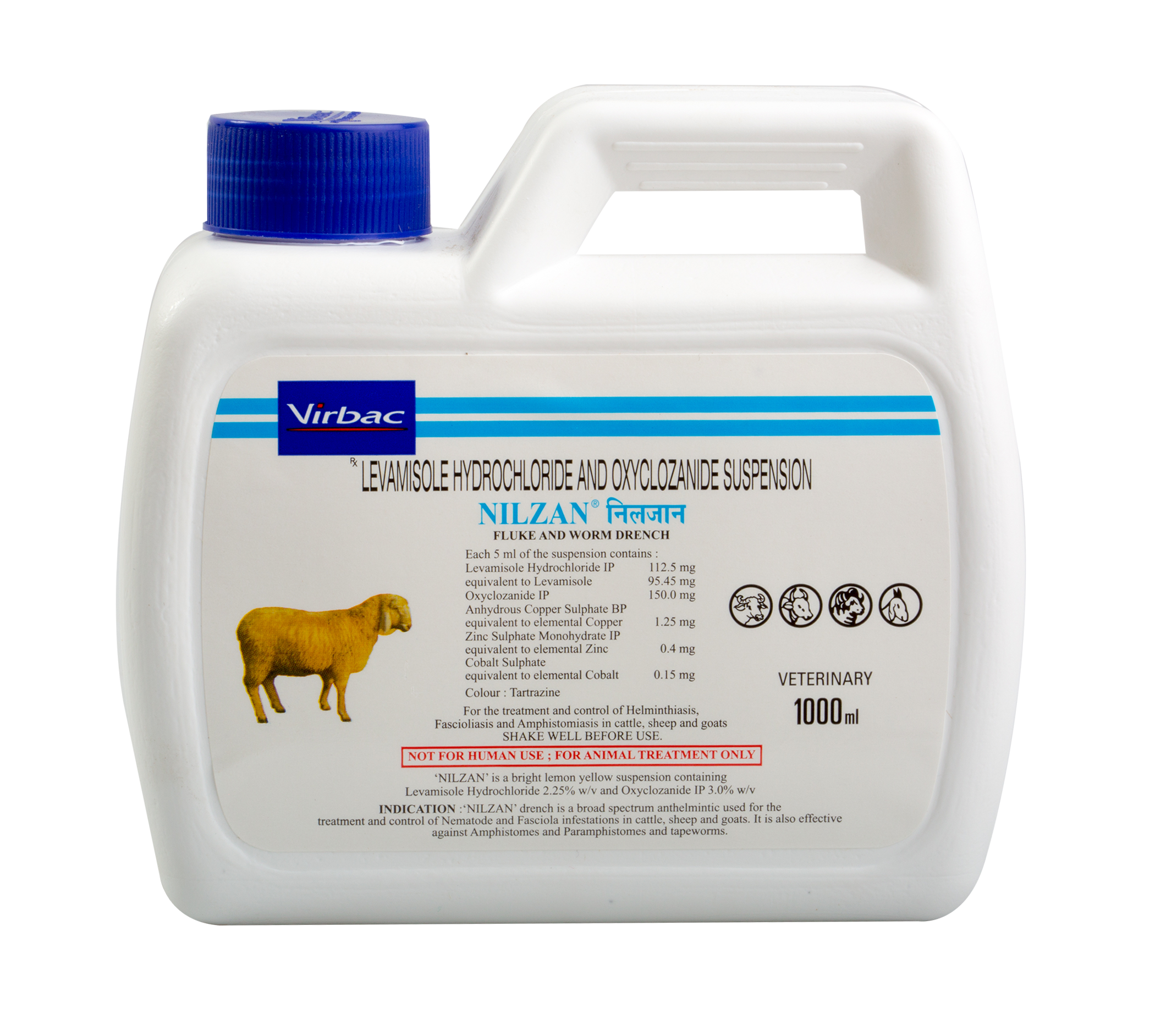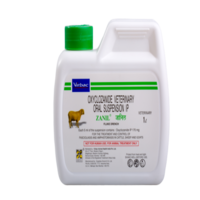
How sheep and goat lungworm are treated with dewormer?
Parasites that live in animals’ digestive tracts are the most frequent and arguably the most important parasites to infect animals.However, parasites can occupy a variety of organs in the body, including the skin, brain and kidney.
A lesser-known class of parasites are those that reside in the lungs and windpipe. These lungworms affect a diverse range of animal species. The impact of lungworms on an individual animal depends on its immune system and the number of worms it ingested. The most severe infections tend to occur in young animals. Adults that have survived previous infections can develop resistance.
In all infections, the worms can block the lower airways within the lungs, leading to patchy areas of edema fluid and emphysema. Heavy lungworm infections can also cause pneumonia and bronchitis.
Animals with severe infections may develop a chronic cough, lose weight, have difficulty breathing and become lethargic. Lungworms may even kill the animal.
In many cases, there are no outward signs of illness. In terms of production animals and economic impacts, lungworms are associated with reduced milk production, slower growth rates and weight loss.
How is lungworm diagnosed in sheep and goats?
Vets use several methods to diagnose lungworm using poo samples, lung fluid, blood tests and X-rays. They may refer to them in the following terms:
Baermann technique – uses poo samples to search for lungworm larvae
ELISA blood test – vets will examine blood samples to search for antigens produced by the lungworm parasite
Broncho-alveolar lavage – tests lung fluid samples for lungworm larvae
Often your vet will use a combination of these tests to determine whether or not your sheep is infected. This is because the accuracy of a single test may not be completely reliable depending on the type of sample and the stage of infection. Your vet may decide it’s safer to cover all bases in order to diagnose or exclude the presence of lungworm in your sheep and goats.
What does lungworm treatment look like?
The level of treatment for a lungworm infection will depend on the stage of the infection. The earlier treatment is administered the quicker your dog is likely to recover. The difficulty is dogs often don’t show obvious signs of lungworm until the infection has developed.
Lungworm requires special monthly medication to both treat and prevent infection, unlike regular dog wormers, which are often given every three months. Ask your vet to recommend a regular lungworm preventative alongside your usual anti-parasite prevention treatments.
If left untreated, lungworm can be fatal but, once diagnosed and treated, many sheep & goats will make a full recovery. If you are concerned about your sheep and goats symptoms, visit your vet as soon as possible.

